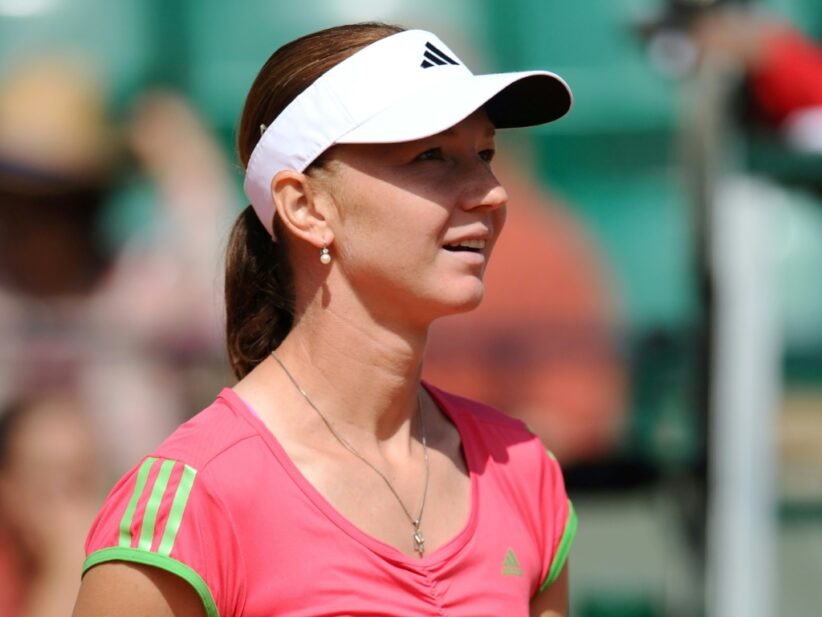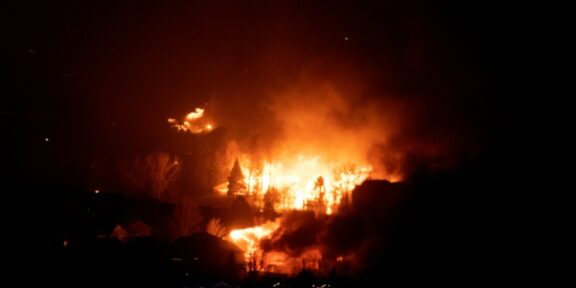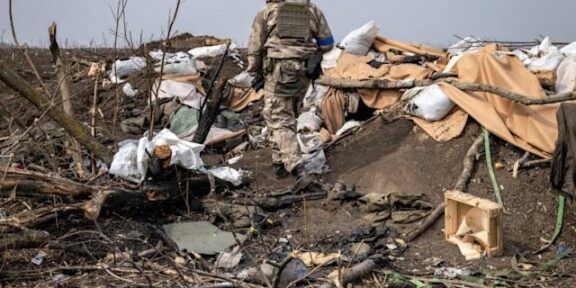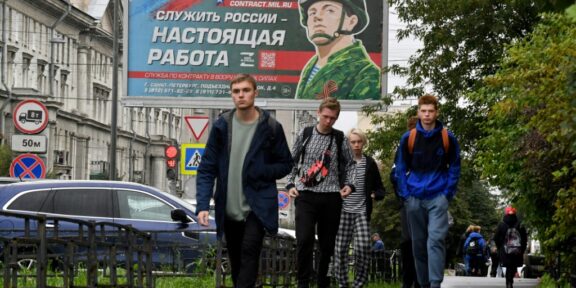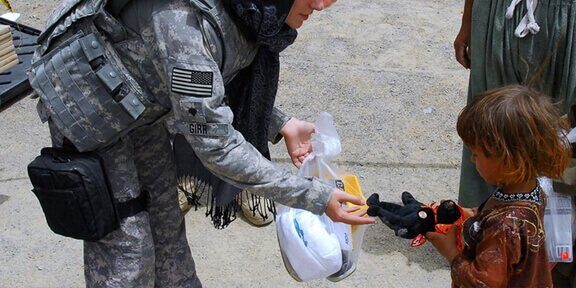Australia has cancelled the visa of female Czech tennis player Renata Voracova who entered the country to play in this month’s Australian Open, her government said Friday.
AFP video images on Friday evening showed a woman who appeared to be Voracova peering out of the window of a Melbourne immigration detention facility.
The detention centre, the former Park Hotel which holds 32 refugees and asylum seekers, is also believed to be the temporary home of tennis world number one Novak Djokovic, whose visa was cancelled this week.
“Renata Voracova is in the same detention as Djokovic,” the Czech foreign ministry told AFP in an email.
The ministry said it was protesting against the detention but it added that Voracova, the world number 81, had agreed to leave Australia and not take part in the Open “as her training options are limited”.
The 38-year-old Czech, a doubles specialist, was detained by the Australian Border Force, said reports by national broadcaster ABC, The Age newspaper and the Sydney Morning Herald, all quoting a government source.
She was reportedly told she would have to leave the country soon. But it was not known if she would mount a legal challenge, as Djokovic has done, the reports said.
Voracova was believed to have entered Australia in December claiming an exemption to Covid-19 vaccination because she had recently been infected with the virus, the newspapers said.
Home Affairs Minister Karen Andrews said earlier Friday that two other people in addition to Djokovic — reportedly one player and one staff member — were also under investigation for visa issues.
On Friday evening, the Australian Border Force confirmed in a statement that the visa of a person connected to the Australian Open had been cancelled, without providing a name.
“This person has been taken into immigration detention pending their removal from Australia,” it said.
Another person, also not identified, had “voluntarily departed Australia” following the Australian Border Force inquiries, it said.
The Australian government said Friday that a recent infection with the Covid-19 virus does not mean a foreign national can enter the country without being fully vaccinated.

